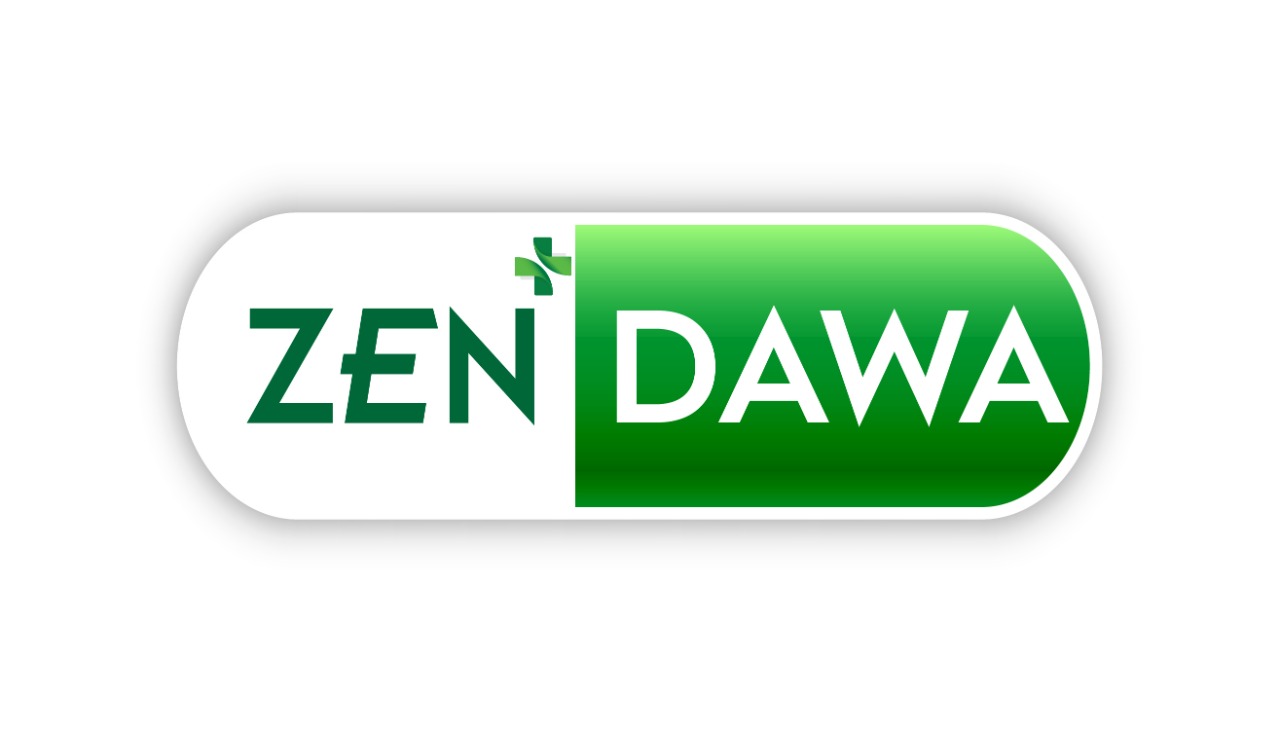The “Africa Renewal: December 2016 – March 2017” edition provides an in-depth examination of various issues affecting Africa, with a particular focus on health care, migration, and economic challenges. The publication, produced by the United Nations, highlights both the progress made and the ongoing challenges that the continent faces in achieving sustainable development.
Health Care Systems: A Call for Reform
A significant portion of this edition is dedicated to the health care systems in Africa, which are portrayed as in need of urgent reform. The articles highlight the dire situation of health care across the continent, where inadequate funding, poor infrastructure, and a shortage of medical professionals contribute to substandard services. For example, it is noted that Africa bears 25% of the global disease burden but accounts for less than 1% of global health expenditures. This stark disparity underscores the need for increased investment and innovation in health care delivery.
The edition discusses the slow progress African countries have made in meeting the Abuja Declaration’s target of allocating at least 15% of their national budgets to health care. Despite some countries, such as Rwanda, making strides through initiatives like national health insurance schemes, the overall picture remains bleak. The lack of access to basic health care is exacerbated by the economic inequalities that force a majority of the population to rely on underfunded public health facilities while a small minority enjoys access to well-funded private care.
The Migration Crisis
The publication also addresses the ongoing migration crisis, focusing on the risks that African migrants take in search of better lives abroad. It highlights the human cost of migration, with many Africans facing perilous journeys across deserts and seas, often falling prey to traffickers or perishing before reaching their destinations. The migration issue is closely linked to the continent’s economic challenges, as poverty and lack of opportunities drive people to leave their homelands in search of better prospects.
The discussion extends to the broader implications of migration for both the countries of origin and destination. While migrants contribute to the economies of their host countries, their departure often results in a “brain drain” for African nations, further depleting their already limited pool of skilled professionals, particularly in the health sector.
Economic Challenges and Prospects
The document also examines the impact of the global decline in commodity prices on African economies, many of which are heavily reliant on the export of raw materials. The slump in prices has led to reduced revenues, forcing governments to implement austerity measures that further strain public services, including health care. The articles argue for the diversification of African economies to reduce dependency on commodities and to foster more sustainable growth.
In addition, the publication explores new trade initiatives and partnerships, such as those with Japanese investors, which could provide a boost to the continent’s economic prospects. However, the success of these initiatives depends on political stability and the ability of African countries to create conducive environments for investment.
Conclusion
The “Africa Renewal: December 2016 – March 2017” edition paints a complex picture of Africa’s challenges and opportunities. While there are bright spots, such as the progress in combating diseases like malaria and the potential for new economic partnerships, the overall message is one of caution. The continent must address its structural challenges, particularly in health care and economic management, to achieve sustainable development and improve the lives of its people.
References
United Nations. (2016). Africa Renewal: December 2016 – March 2017. United Nations. https://www.un.org/africarenewal


